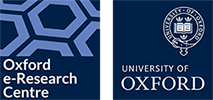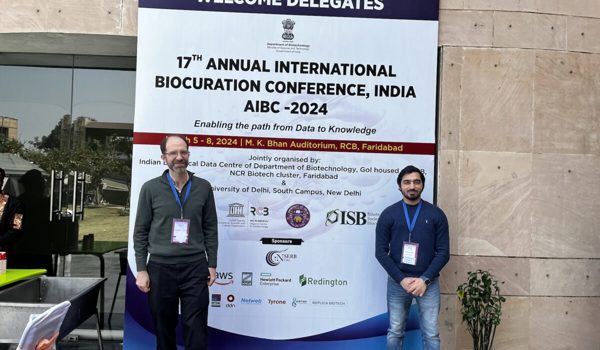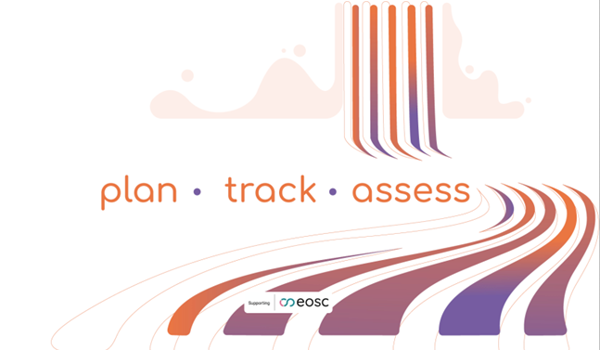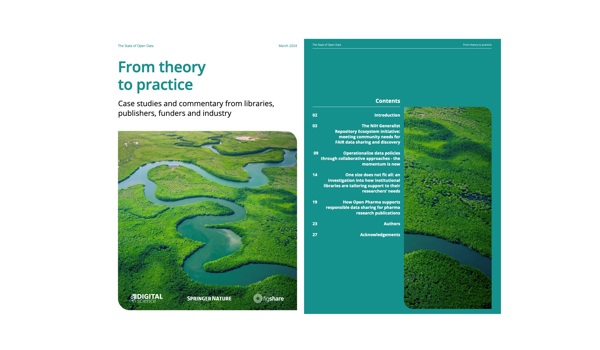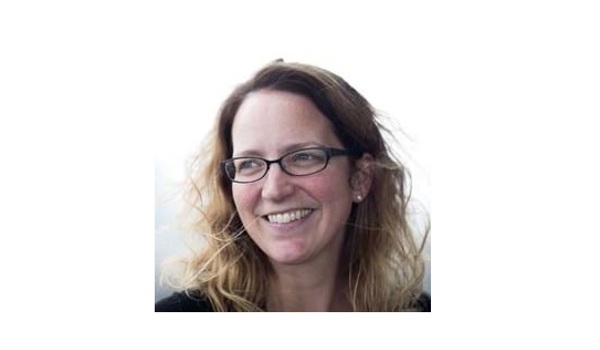04 Apr 2019
Digital annotation methods presented at the Music/ Media/ History conference
Event aimed at re-thinking Musicology in an age of digital media
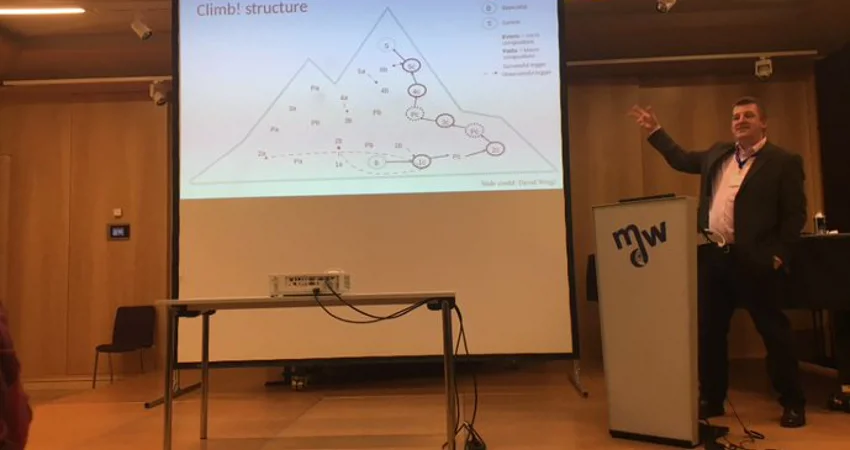
Dr Kevin Page gave an invited paper on “Musically-meaningful annotations of audio-visual material: digitally encoding the study of Delius (and beyond)”
The “Music/ Media/ History” conference was recently held at the University of Music and Performing Arts in Vienna on the subject of “Re-Thinking Musicology in an Age of Digital Media”.
Senior Researcher and Associate Member of Faculty Dr Kevin Page gave an invited paper to the conference on “Musically-meaningful annotations of audio-visual material: digitally encoding the study of Delius (and beyond)”. In his presentation Dr Page described the Oxford e-Research Centre team’s application of semantic annotation technology to three different areas of musicology: composition of new works, the study of performance and rehearsal by musicians, and the digital encoding of evidence and argument in the scholarly discussion of music.
All three experiments utilise the Music Encoding and Linked Data (MELD) framework, released as open source software in 2018, and developed in the Centre’s Fusing Audio and Semantic Technologies (FAST) project. The paper demonstrated how a common annotation structure can enable cross-referencing and linking of multimedia resources between studies, while retaining and respecting the specialised knowledge and affordances unique to each piece of musicology.
In the first of these studies, MELD was used to publish a multimedia article discussing the performance of works by Frederick Delius as part of the British Library’s “Discovering Music” series. Written by Dr Joanna Bullivant of the Faculty of Music for the Digital Delius project, the article is supplemented by musically-meaningful relationships mapping digital resources such as text, audio, video, images, and notation. The musicological argument can then be ‘brought to life’ by MELD for through interactive animations, synchronisation, and visualisations which support the narrative.
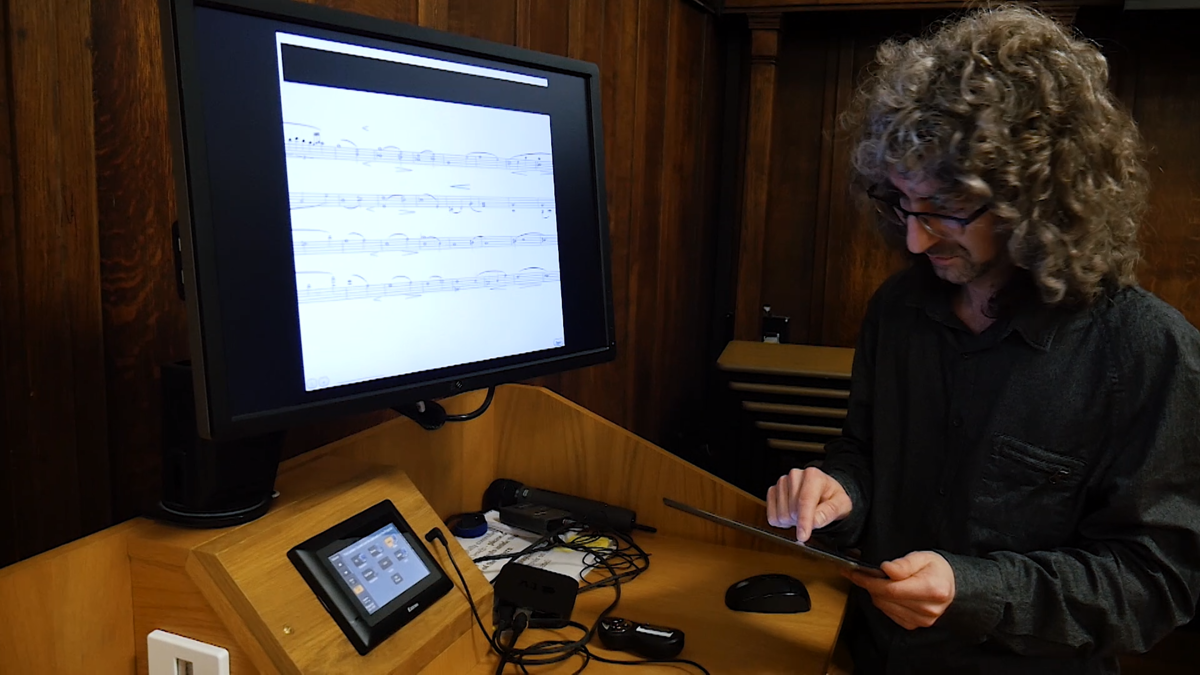
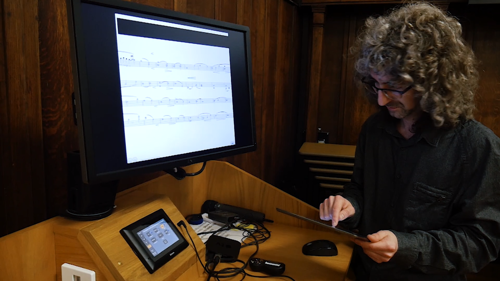
The second study, also part of the Digital Delius project, used MELD to annotate a masterclass on Delius’s String Quartet, whereby a video recording of the event was indexed using coded annotations according to a constrained musical vocabulary (Centre researcher David Lewis using the annotation tool, pictured). The third study described the use of MELD as part of the composition and ‘super-instrument’ used to perform Climb!, composed by Maria Kallionpää in a collaboration with the e-Research Centre and the University of Nottingham Mixed Reality Lab.
Those wishing to learn more about Digital Musicology, including the use of Linked Data for music encoding, is encouraged to attend a week long introductory workshop, run by the e-Research Centre team, at the Digital Humanities at Oxford Summer School in July.
